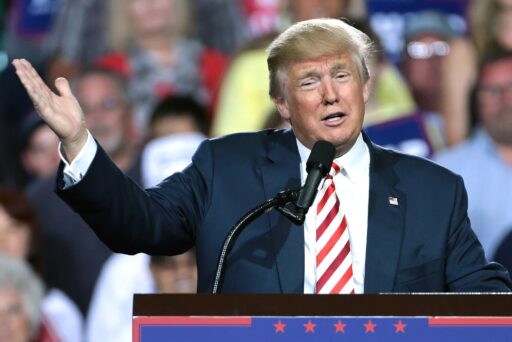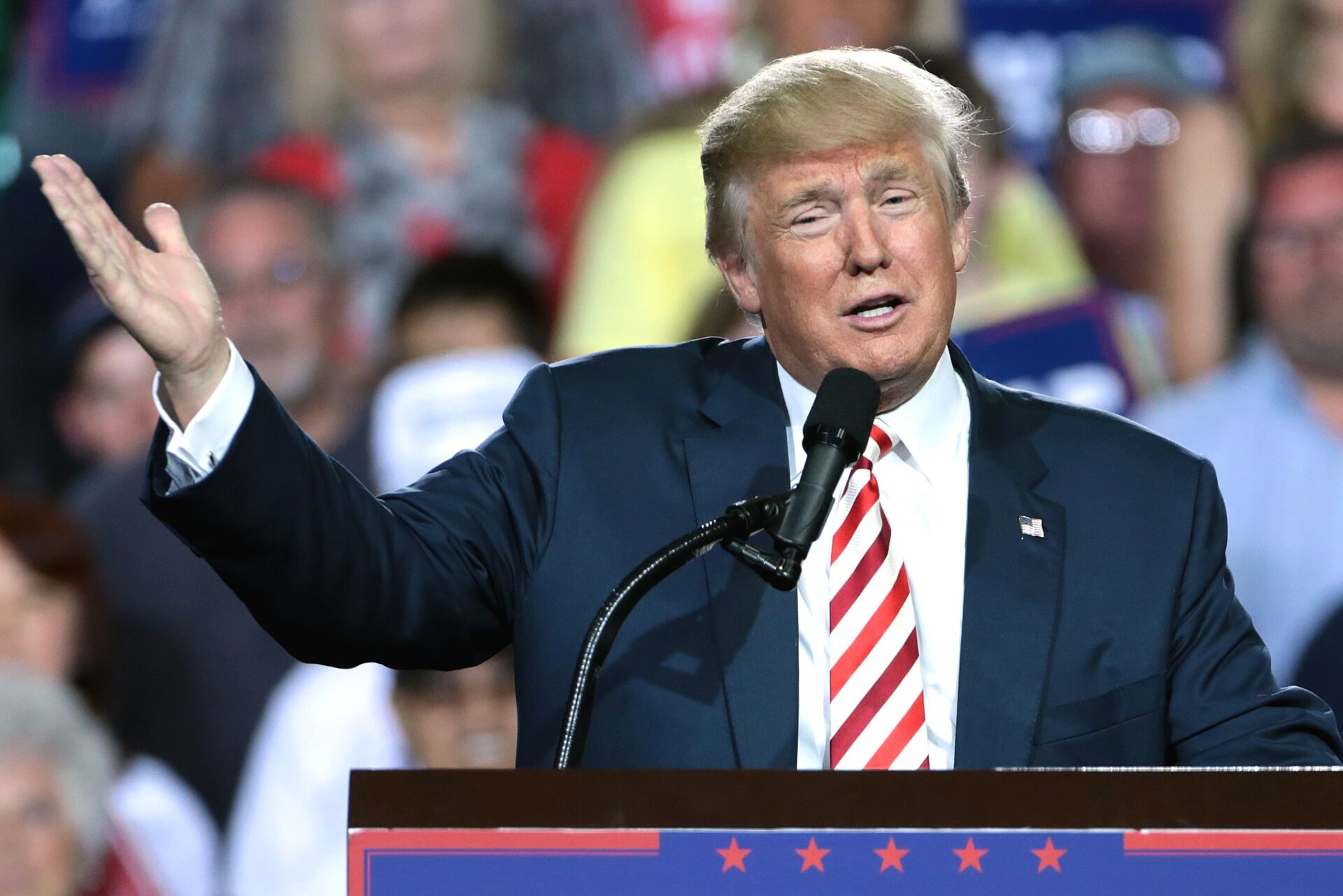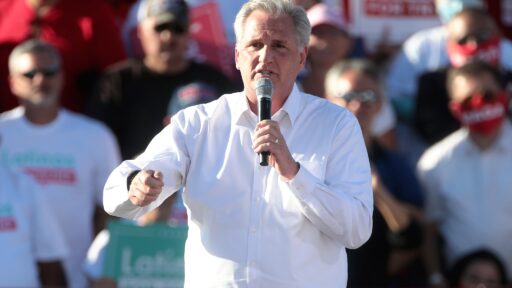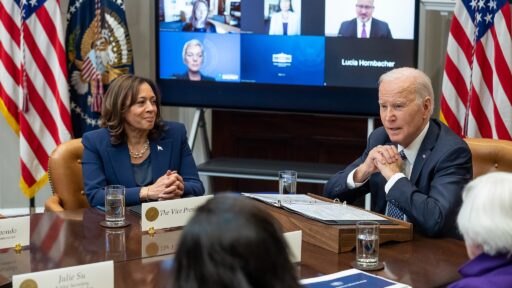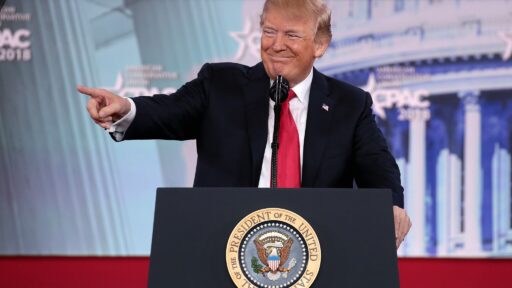Here’s what we know so far about the hack.
On Saturday, the Trump 2024 presidential campaign reported a significant cyber breach, suggesting that Iranian actors might be behind the theft and distribution of sensitive internal documents. Although specific proof linking Iran to this incident has not been provided, the claim emerged following a Microsoft report that detailed foreign interference attempts targeting the U.S. elections for 2024.
Microsoft’s report highlighted an incident from June, where an Iranian military intelligence unit sent a spear-phishing email to a senior official within a U.S. presidential campaign using a compromised email account belonging to a former senior advisor. This revelation underscores the growing concern over foreign interference in American politics.
Trump campaign spokesperson Steven Cheung attributed the breach to “foreign sources hostile to the United States,” emphasizing the serious implications of such interference. The National Security Council responded by expressing its strong stance against any foreign meddling in U.S. elections and reaffirming its commitment to uphold the integrity of democratic institutions. However, the Council deferred further action to the Justice Department.
Iran’s representation at the United Nations denied involvement in the hacking, dismissing the allegations as unsubstantiated. They asserted that Iran has no intention or capability to interfere in U.S. elections. Despite this, Iran has a history of cyber operations targeting adversaries in the Middle East and has previously threatened retaliation against President Trump for the 2020 drone strike that killed General Qassem Soleimani.
Recent legal developments have also linked Iran to covert activities within the U.S. The Justice Department recently charged a Pakistani national with connections to Iran, who allegedly plotted assassination attempts against U.S. political figures, including Trump. This case highlights Iran’s ongoing efforts to challenge perceived enemies and retaliate for Soleimani’s death.
Politico first reported the hacking incident, revealing that emails began reaching their inbox on July 22 from an anonymous AOL account. The documents included what appeared to be a dossier on Ohio Senator JD Vance, dated February 23, prior to his official selection as Trump’s vice presidential nominee. Cheung condemned the release of these documents as an attempt to disrupt the 2024 election and undermine the democratic process.
Cheung criticized media outlets that publish such stolen documents, arguing that they are aiding America’s adversaries. Microsoft’s report from Friday indicates that while foreign influence operations have been increasing, Iran’s activity in the election cycle is now as significant as Russia’s. The report outlined how Iranian cyber operations have historically targeted election conduct, differing from Russian strategies aimed at swaying voter opinions.
As the Trump campaign deals with this breach, it remains to be seen how the incident will affect the ongoing election cycle and what further actions will be taken to address these serious security threats.


